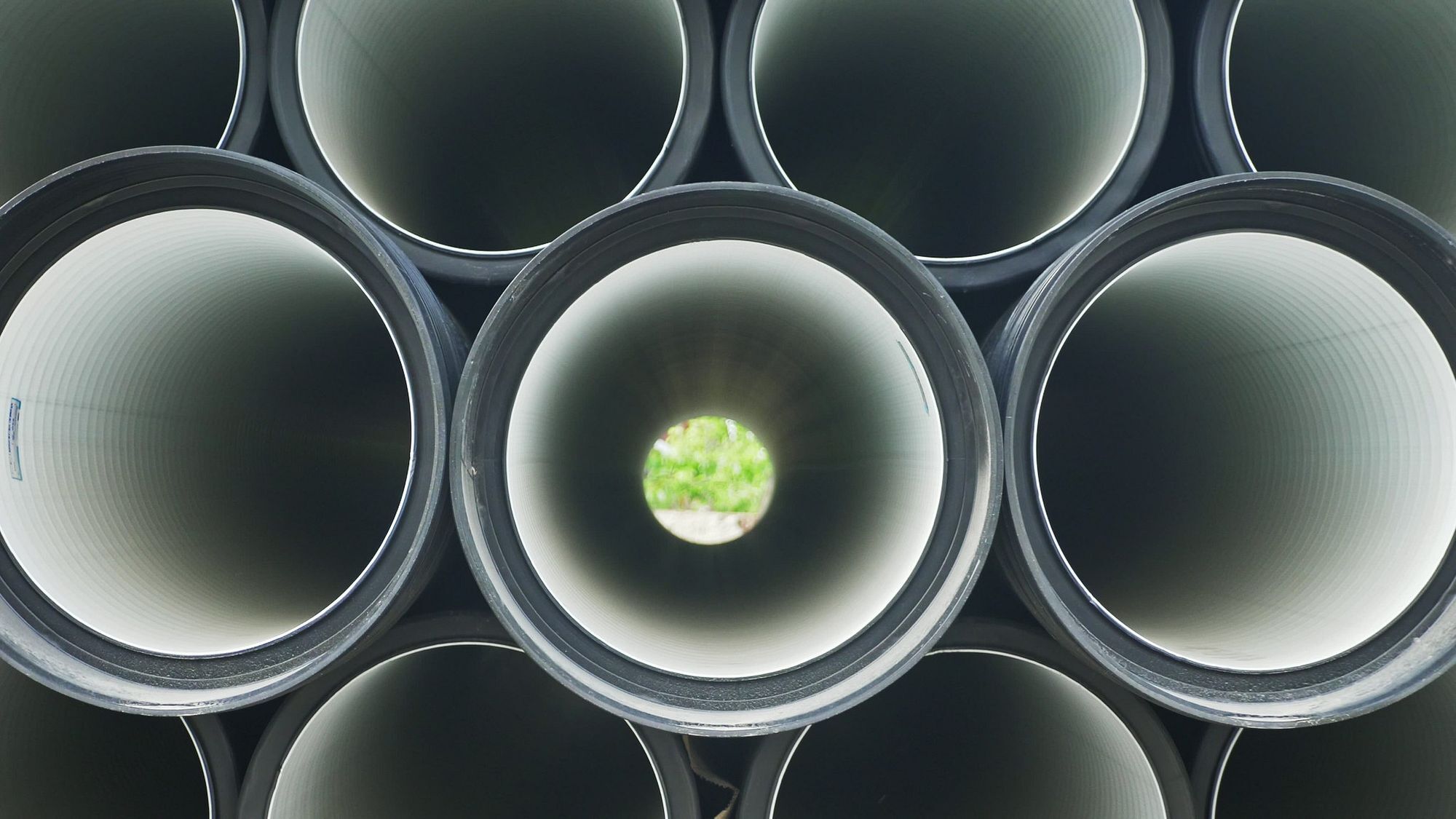Drinking Water Testing
Many consumers want to test their well or municipal water for contaminants and impurities. Without having your water tested, it can be difficult to determine whether you actually need a water treatment system or what type of system would be best for you. Here are some factors to consider when testing your water and selecting a filtration product.
Finding a Laboratory
There are many laboratories that offer private well testing and many states that have water testing laboratories available. If you choose to search online, you may want to use the keywords “accredited” and “water” to find a water testing laboratory near you. Accredited laboratories have been independently evaluated as technically competent to provide accurate test data. Additionally, these accredited laboratories are not typically associated with any industry or manufacturer.
Collection of Water Samples
Once you locate a laboratory, follow the instructions on collecting the sample properly to obtain the most accurate results. For example, if you are collecting a water sample for lead or copper testing, the recommendation is to let the water sit overnight and take a “first draw” water sample – meaning fill the sample bottle from the kitchen tap prior to running any water for the day. A second example would be for a coliform bacteria sample. To collect this type of sample, remove any screen from the water faucet. There is typically a recommendation to run the water prior to filling the sample bottle. These samples need to be kept cold so you should take the sample directly to the post office or keep it in the refrigerator until it can be mailed in or dropped off. Remember to closely follow the instructions for each test you choose to have analyzed.
Water Testing and Results
It can be challenging to determine what type of testing to do on your well or municipal water and the costs can add up. It may be helpful to visit your local health department’s environmental health division to ask for information on what has been typically found in groundwater in your area. Some typical testing1 may include:
- Coliform bacteria
- E. coli
- Nitrate/nitrite
- Arsenic
- Hardness
- Volatile organic chemicals
- Metals
- Lead/copper
- Inorganic chemicals
Some homeowners may be concerned about radon, radium 226/228 or gross alpha radiological contaminants. While NSF is accredited for this water testing, we only have the capacity for public community water systems and testing as part of certification for a product. You may search online for “accredited radiological water testing labs” to find one near you or one that accepts mail-order radiological water testing.
Water Filters and Treatment Systems
In the last decade, interest in home drinking water treatment products has grown tremendously. Unfortunately, it isn't always easy to know whether a particular product is as safe and effective as the manufacturer claims at reducing various contaminants in your drinking water. Should you choose to add a water filter to your home, it is important to look for filters and treatment systems with the NSF mark. NSF certified products are your key to making sure they meet strict standards for public health protection.
Source:
1 www.michigan.gov/documents/deq/DEQ-RRD-LSS-EQP2301_454667_7.pdf
Contaminant Reduction Claims Guide
Selecting a Home Water Treatment System?
How NSF Can Help You
Get in touch to find out how we can help you and your business thrive.

What’s New with NSF

Healthy People Living on a Healthy Planet: The Future We’re Working For
April 4, 2024
American Meat and Egg Distributors Now California-Ready with NSF’s Prop 12 Certification
April 3, 2024
2024 GFSI Conference - Meeting the Needs of our Evolving World
March 20, 2024